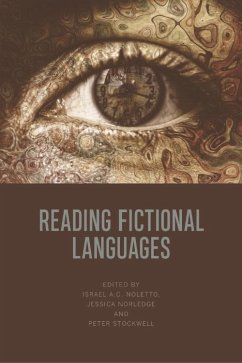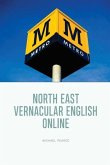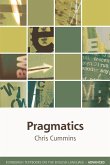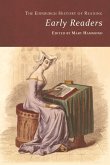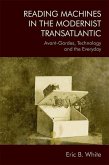Reading Fictional Languages brings together scholars, creators, designers and speakers of fictional languages from across the world in a unique book that explores the imagined languages of fantasy, science fiction, dystopia and alternate realities. It explores the role of invented languages in world-building, characterisation, and the feeling of authentic immersion in the forms of thought of aliens, animals, machines, and the people who inhabit alternative worlds from our own.
Dieser Download kann aus rechtlichen Gründen nur mit Rechnungsadresse in A, B, BG, CY, CZ, D, DK, EW, E, FIN, F, GR, HR, H, IRL, I, LT, L, LR, M, NL, PL, P, R, S, SLO, SK ausgeliefert werden.

